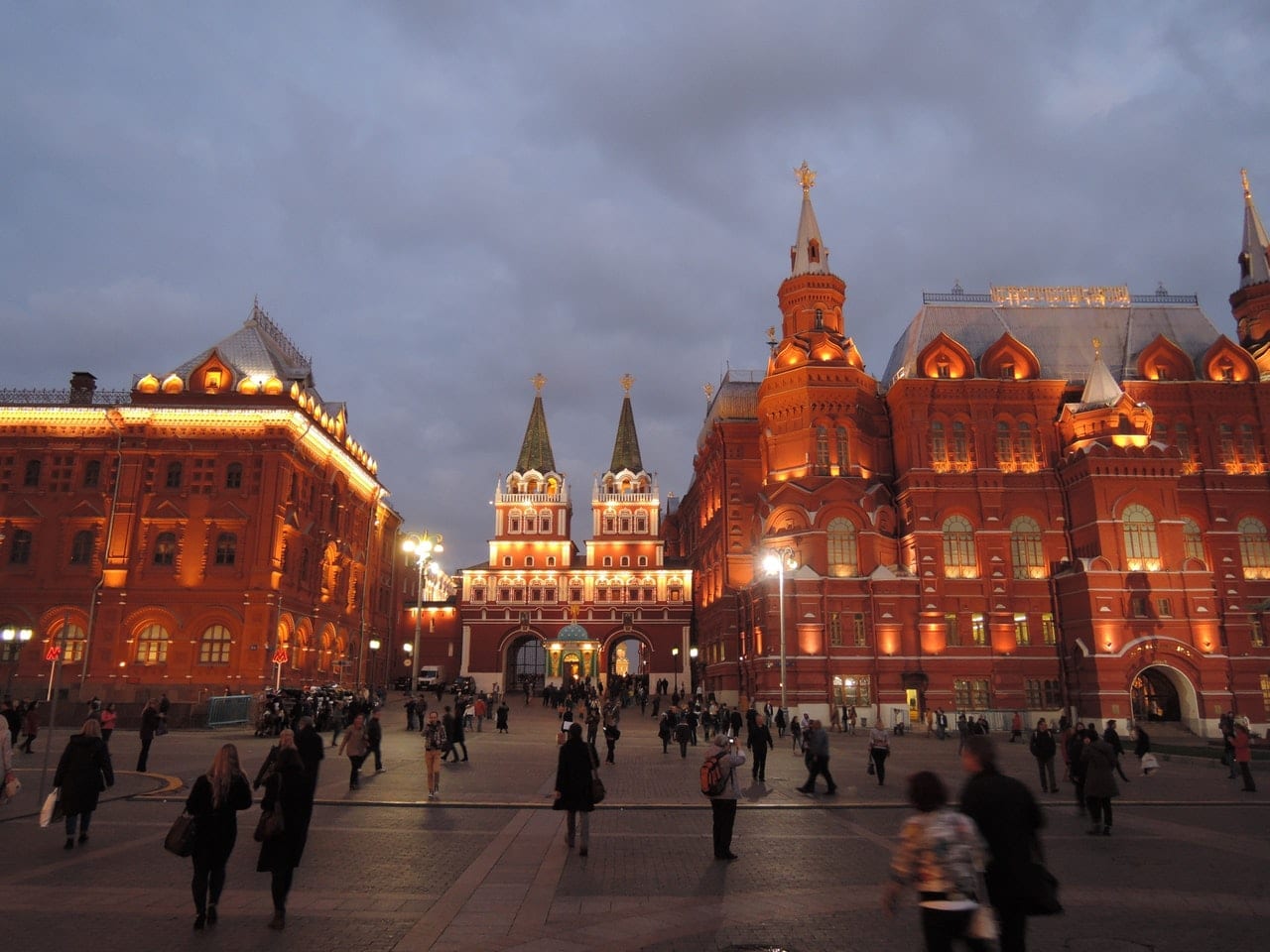Doing business in Russia…
Russia is the largest country in the world. It spans over 11 time zones and according to Wikipedia covers over 6.5 million square miles, and the Russian language is in the top 10 most widely spoken languages. It is also one of largest economies in the world, so there are plenty of reasons to do business with Russians. However, their history hugely affects the way they do business, so it’s important to understand some of their culture.
For instance, it might come as a surprise, but Russian companies will often request for some of the payments to be done in cash or into a foreign bank account. This happens because they are trying to protect their funds from oppressive taxation. After the break up of USSR there have been multiple authorities which tried to impose taxes, which resulted in some taxes actually exceeding the businesses’ gross income. In 2004 President Putin’s administration tried to reform the tax law, but it is still unclear how successful the changes are.
Also, when it comes to negotiations it pays off to be patient. Russians often regards compromise as a sign of weakness and will not be in a hurry to agree to any deals. The best practice is to agree within your team in advance on the sort of concessions you are willing to give and what sort of ‘nice-to-haves’ you are willing to offer during the negotiations. Write them down and make sure every member of the negotiating team understands them in order to show unity within your team.
However, probably the biggest challenge to a successful business venture is the Russian regulations. They constantly change with new reforms being made all the time. Therefore, it does pay to invest in sourcing a Russian law expert who is up to date with all the changes. It may also be sensible to agree on the contract law jurisdiction to be in a neutral country. Sweden is often the most popular choice for legal arbitration.
With regards to the Russian language, it is the 7th most spoken language in the world by number of native speakers and the 8th by total number of speakers. Also, it is written in a modern version of Cyrillic, so it might prove difficult get around the country without a native speaker to hand as all the signs would be very difficult to recognise or remember.
Even though you’re not expected to translate your business cards into Russian, unlike in Japan or China, you should invest in translation of the brochures and any technical guides you might have and contract translation. Business deals need to be approved by many people in the organisation, and it will improve your chances if the material is translated into Russian.
Of course we would be delighted to help out with your Russian translation requirements, so don’t hesitate to get in touch.





